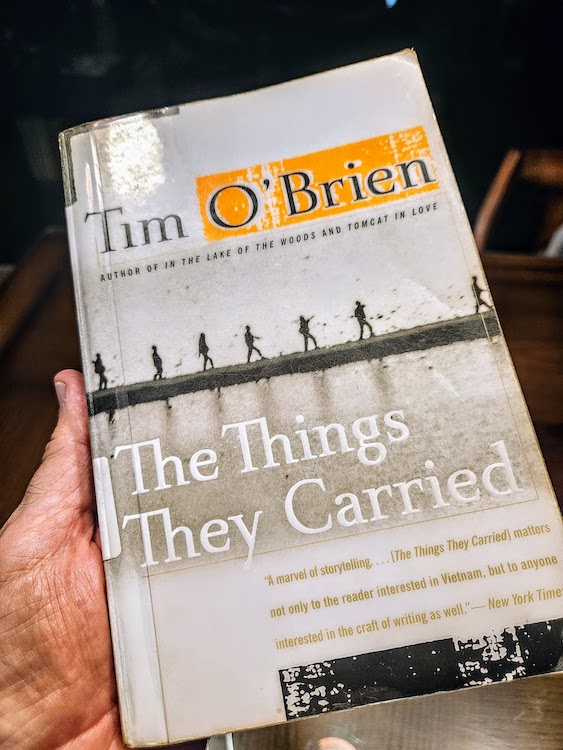
I’ve loved history as long as I can remember. So much so that I got a degree in it many years ago. I’m most fascinated though by 20th Century history — things that were happening in the years leading up to my birth and beyond. Amazing things. I still marvel that my life overlapped that of the last emperor of China by over 4 years. And that’s just the tip of the mid-20th-century historical iceberg. The 20th Century saw the rise and fall of empires, the establishment of the United States as a world power, two World Wars, the “liberation” of China…incredible stuff.
When I was just a baby, there was a war going on. A war for which we lost the stomach to finish, and which we probably shouldn’t have had any business fighting in the first place except to keep the Communist world on notice that we wouldn’t tolerate their expansion without a fight. It wasn’t completely worthless in that respect, but you know how hindsight works, and if anything, it did a decent job alerting some of us that the “military industrial complex” was a thing (that exists to this day).
A lot of suffering came out of that war. For the people of Vietnam, of course. And for the soldiers who fought there. There have been some good histories of the war too, and a lot came out of the research and writing of those historians as to how our government worked at the time. But now I’ve read a book that’s not exactly “history,” although so much of it reads so from the perspective of an American soldier who was there — The Things they Carried by Tim O’Brien.
The Things they Carried is a beautifully written book. It really puts one not only into the place of the soldiers who fought in Vietnam, but also helps the reader understand some of their deeper thoughts and feelings without the political background we usually associate with the war. Of course we know the war to those on the ground was largely senseless, but O’Brien never seemed to come right out and say it. You just know it in the telling of his stories — his writing lets you come around to the conclusion yourself in a much more meaningful way. It’s a wonderful read, regardless of how you approach the war, and your time would be well-spent if you picked it up.
